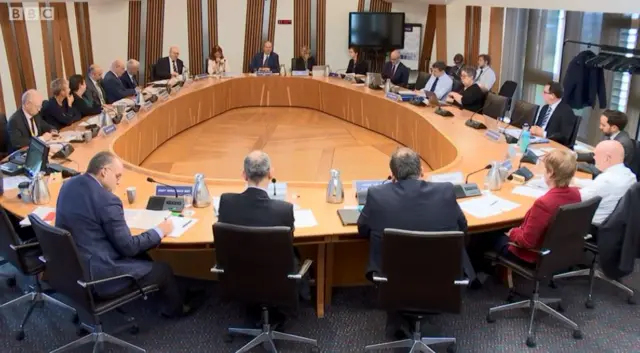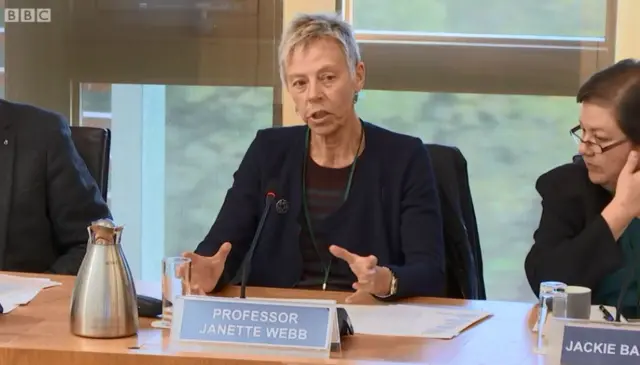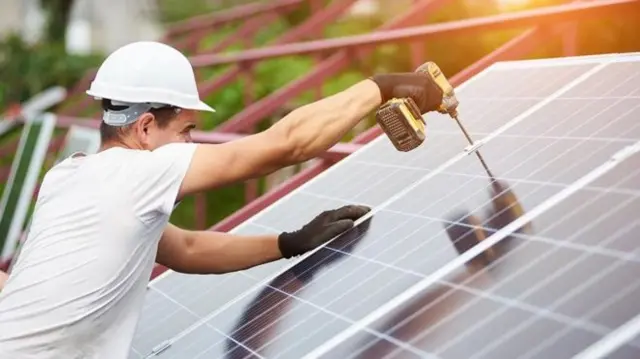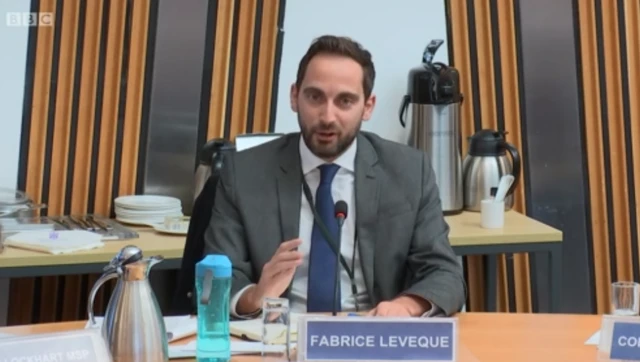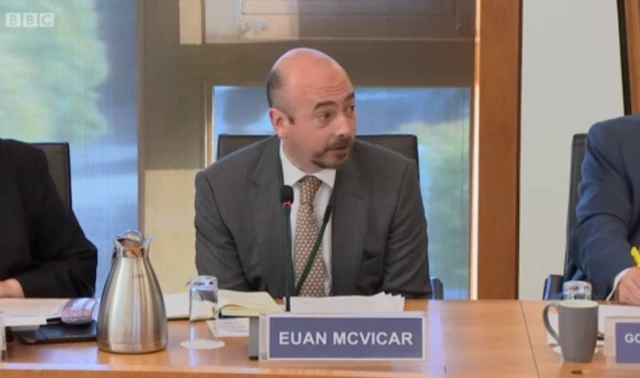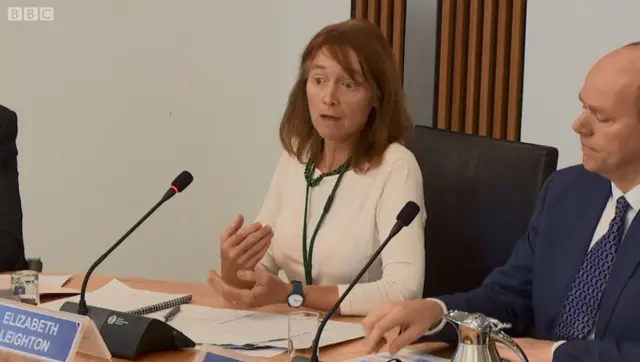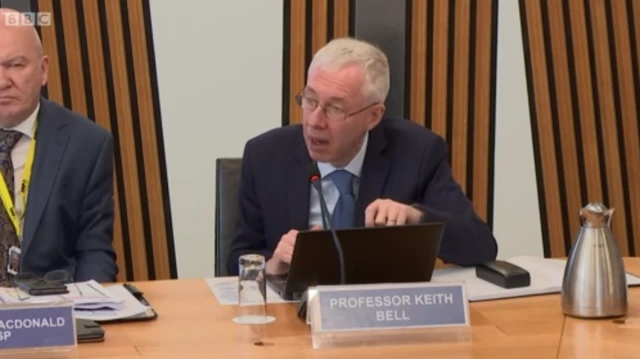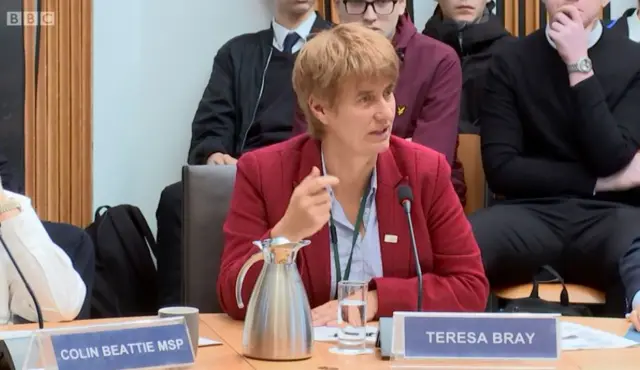Coming up in the chamber...............published at 13:40 BST 8 October 2019
 Image source, Getty Images
Image source, Getty ImagesAfter topical questions on biodiversity and Prestwick Airport, Brexit Secretary Mike Russell will update MSPs on preparations for a possible no-deal Brexit at the end of the month.
Then Islands Minister Paul Wheelhouse will make a statement on the proposed national islands plan.
MSPs move on to a debate on how to best support innovation, before SNP MSP Gordon MacDonald closes out the day with a member's business on 50 Years of the Institute of Occupational Medicine.
